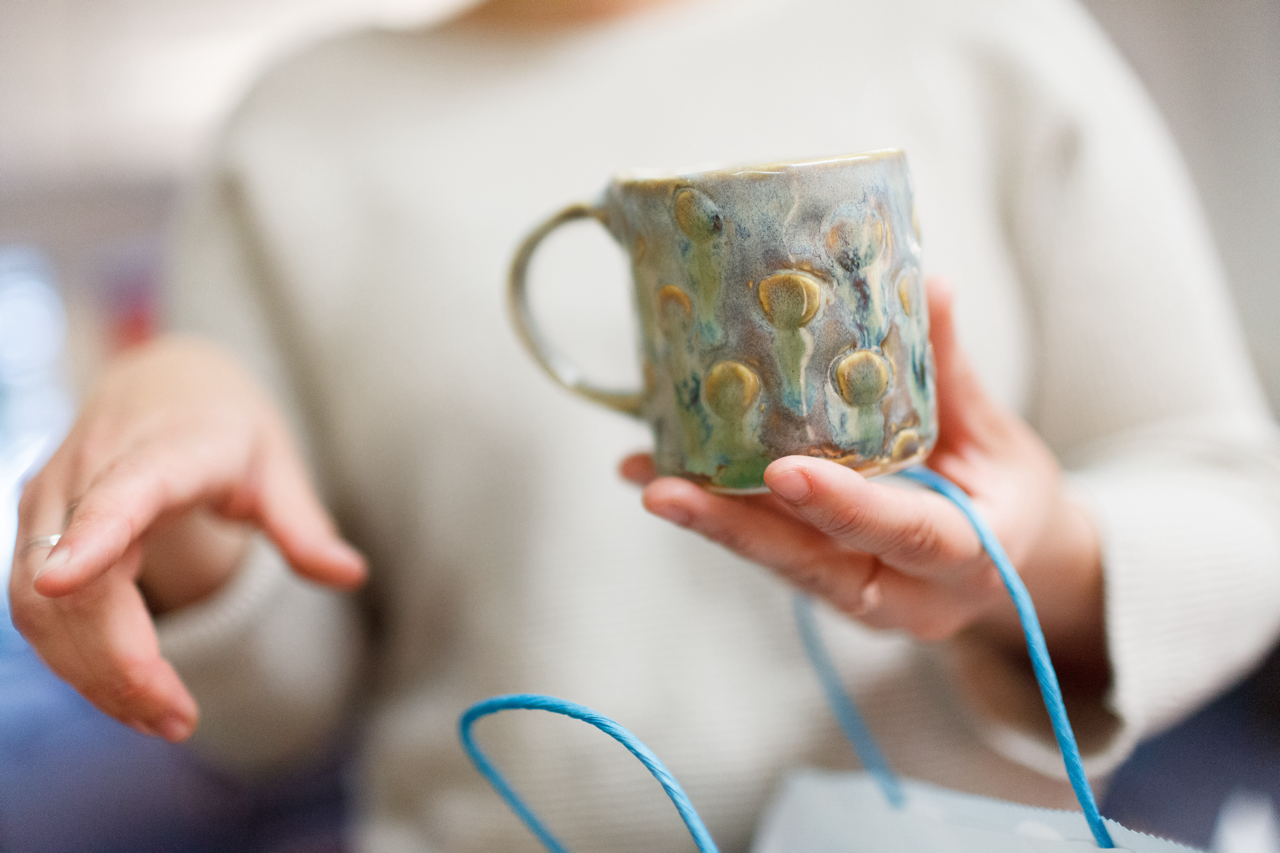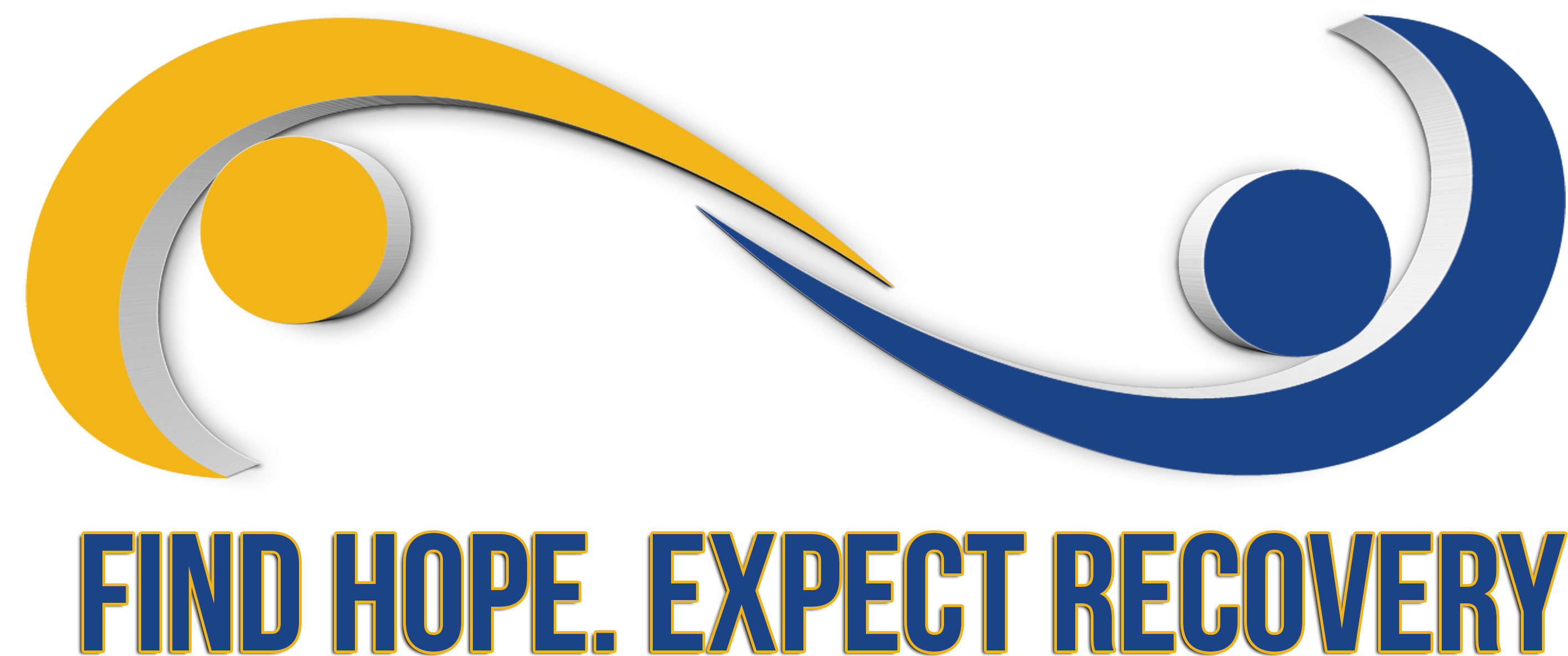Housing Support

What is SUPPORTED Housing?
ICMH believes that safe, stable housing is a fundamental need of those in recovery, and our primary objective is supporting clients to maintain or improve their housing situation so they may achieve the recovery they want. Our Supported Housing Program provides Recovery Coaches who work with individuals recovering from mental illness and/or substance use disorders to set goals, develop skills, and connect to resources that will support their recovery. Recovery Coaches offer support and referrals in areas of daily living, health and wellness, developing support networks, employment, and education.
Philosophy
Our Housing Support Program provides Psychosocial Rehabilitation (or PSR) services designed to promote personal recovery, successful community integration, and maintenance of a satisfactory quality of life. PSR focuses on helping individuals develop skills, access resources and improve their quality of life by building on their strengths. Clients set their own goals, and choose how to achieve them, with or without support from staff.
We recognize that housing is a fundamental need for individuals recovering from mental illness and/or substance abuse, and our primary focus is on supporting clients to build and improve the skills they need in order to keep their housing.
Population Served
The Housing Support program serves adults (19 and older) who are recovering from mental illness and/or substance use disorders. Access to Housing Support is through Island Health’s Centralized Access to Supported Housing (CASH) service.
Other types of HOUSING:
SERVICES PROVIDED
The first step of the program is setting up a program agreement. The individual will work one on one with a Recovery Coach to set goals they hope to achieve in the program. After goals are set, the client will meet with their Recovery Coach regularly to review progress and work toward achieving their goals. The Recovery Coach will discuss the importance of engaging in activities of daily living (ADLs), as well as a variety of other community activities and programs that may be of interest to clients. This program has a heavy emphasis on rehabilitation and skill building.
The Recovery Coach will support clients in building skills for daily living, which can include banking, shopping, transportation, housekeeping, budgeting, appointments, meaningful employment or volunteer work, and recreation.
